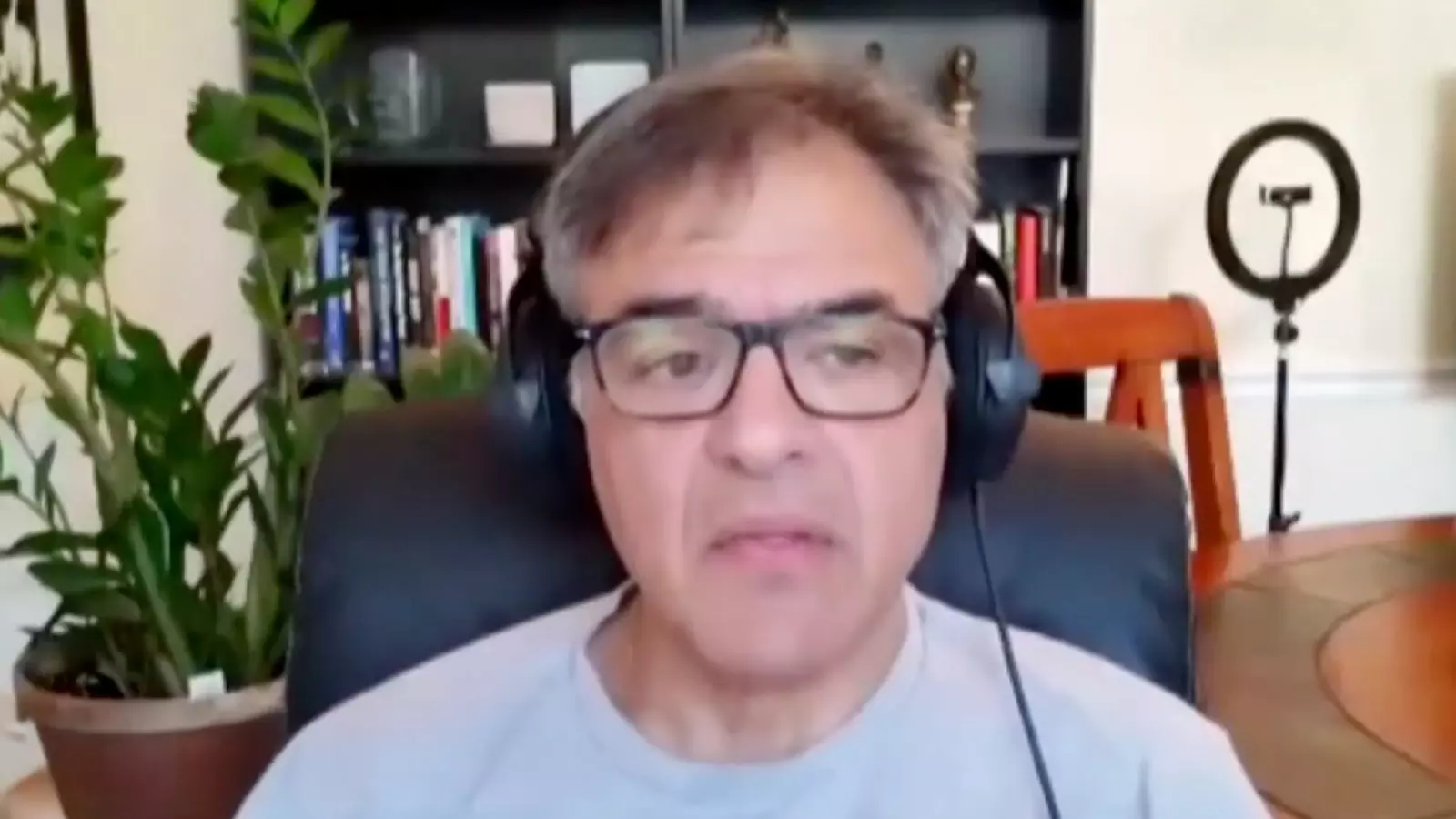
Pakistan will lose any conventional war with India: Former CIA officer
John Kiriakou claims Former Pak PM Musharraf gave US control of Pak's nuclear arsenal; says Saudi pressure saved nuclear scientist A Q Khan from being eliminated

Pakistan will lose any conventional war with India, a former United States intelligence officer has said, recalling that the Central Intelligence Agency (CIA) once believed the two nuclear-armed neighbours were on the brink of war following the 2001 Parliament attacks.
John Kiriakou, who served in the CIA for 15 years, spoke about the unease between Washington and Islamabad and his years leading counterterrorism operations in Pakistan during an interview with news agency ANI.
He made a series of candid revelations regarding US dealings with Pakistan, Saudi influence on nuclear diplomacy, and the shifting balance of power in South Asia.
Also Read: Rajnath Singh warns Pakistan over Sir Creek military expansion
'No benefit in provoking India'
Islamabad, he noted, needs to reach a policy conclusion that it would gain nothing from waging a war with India.
"Nothing, literally nothing good will come of an actual war between India and Pakistan because the Pakistanis will lose. I'm not talking about nuclear weapons. I'm talking just about a conventional war. There is no benefit to constantly provoking Indians," he said.
Kiriakou said that in 2002, the US anticipated that India-Pakistan tensions during Operation Parakram, following the 2001 Parliament attack, could escalate into a war, prompting Washington to begin evacuating its citizens from Islamabad.
He also claimed that during his posting in Pakistan, he was informally told that the Pentagon controlled Pakistan’s nuclear arsenal. “Musharraf had turned control over to the US,” he said.
At that time, Kiriakou admitted, the CIA was focused on Al-Qaeda and Afghanistan and paid little attention to India’s security concerns.
Also Read: Why India keeps winning against Pakistan, explains Rashid Latif
'US controlled Pak's nuclear arsenal'
He told ANI that former Pakistan President Pervez Musharraf had handed over control of the country’s nuclear arsenal to the US, alleging that Washington “essentially purchased” him through massive aid packages.
"The United States loves working with dictators. You don't have to worry about public opinion or the media. We essentially just purchased Musharraf," he said.
He revealed that under Musharraf, Washington enjoyed near-unchecked access to Pakistan’s security and military operations. "We gave millions and millions of dollars in aid, military and economic, and Musharraf let us do whatever we wanted," Kiriakou said.
However, the former CIA officer added that Musharraf played a double game, publicly aligning with the US while covertly allowing Pakistan’s military and extremists to continue terror activities against India.
"The Pakistani military didn’t care about Al-Qaeda; they cared about India. Musharraf pretended to side with the US on counterterrorism while committing terror against India," he said.
Also Read: Pakistan, Saudi Arabia sign pact for joint defence against any aggression; India responds
Saudi backing Pakistan
Kiriakou also claimed that the US abandoned plans to eliminate Pakistani nuclear scientist Abdul Qadeer Khan, the scientist who designed Pakistan’s atomic bomb, after intervention by Saudi Arabia.
"If we had taken the Israeli approach, we would have just killed him. We knew where he lived and spent his day. But he had the support of the Saudi government. The Saudis came to us and said, 'Please leave him alone. We like AQ Khan. We're working with AQ Khan. Just leave him alone,'" he recounted.
He called this a major policy mistake, saying the White House had instructed both the CIA and the IAEA not to act against Khan. "It had to be because the Saudis were insisting on it," he said.
Kiriakou suggested that Saudi Arabia’s protection of Khan may have stemmed from its own nuclear ambitions, hinting at Riyadh’s long-term plan to build a parallel capability.
"We often wondered if the Saudis were also building a nuclear capability," he remarked. He linked the observation to the recent Saudi-Pakistan defence pact, suggesting that Riyadh might now be “calling in its investment.”

